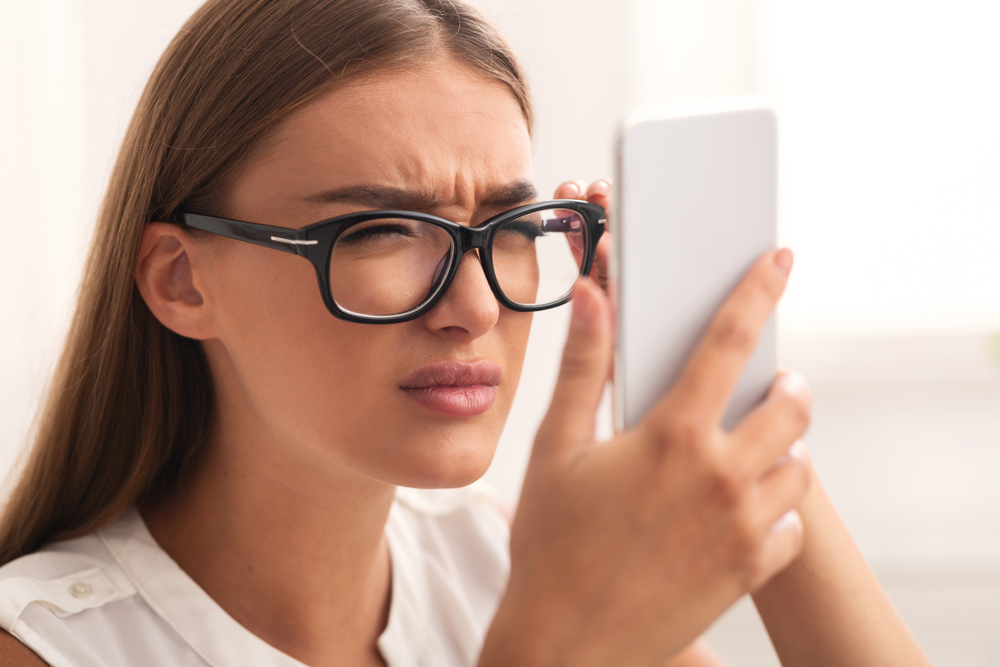
When the world around you starts to blur, and distant objects no longer appear as crisp as they once did, you may be experiencing a common refractive error known as myopia. This condition affects your eyes' ability to focus on faraway points. However, with the right knowledge and tools, you can manage your nearsightedness effectively and continue to enjoy a vibrant, active lifestyle.
Causes and Symptoms of Myopia
The onset of myopia is typically rooted in a combination of genetic predisposition and environmental influences. Your likelihood of developing myopia surges if your family history includes others with refractive errors. Your lifestyle also has a substantial impact. Increased screen time, prolonged reading, and inadequate exposure to natural daylight are all environmental factors that can contribute to the progression of nearsightedness.
Common symptoms of myopia include squinting to see distant objects more clearly, headaches caused by eyestrain, and difficulties with visual tasks that require seeing far away. Some individuals may also experience fatigue, especially after performing extensive visual duties. If you recognize these symptoms, it's imperative to consult with an eye care professional. Early detection and appropriate management can help mitigate the effects of myopia on your daily life and prevent potential complications.
Myopia Management for Adults
Managing myopia as an adult is crucial to maintaining your quality of life and visual health. Fortunately, there are several approaches to manage this condition effectively. Prescription eyeglasses or contact lenses are the most common methods to correct myopia. By adjusting the focal point of incoming light, they allow for clearer vision.
For those seeking a more permanent solution, refractive surgery such as LASIK or PRK may be an option. These surgical procedures reshape the cornea to correct the refractive error. However, not everyone is a suitable candidate for these surgeries. It is essential to have a thorough examination and discuss the potential risks and benefits with an ophthalmologist.
Orthokeratology, or Ortho-K, is another non-surgical option that involves wearing specialized contact lenses overnight to temporarily reshape the cornea. This method can provide clear vision during the day without the need for glasses or contact lenses. While Ortho-K is temporary, it can be a convenient alternative for certain lifestyles.
Lifestyle Changes for Myopia Management
Adjusting your daily habits can play a significant role in managing myopia. One of the most beneficial changes is to allow your eyes regular breaks during close-up tasks. The 20-20-20 rule is an effective practice: every 20 minutes, shift your focus to an object at least 20 feet away for at least 20 seconds. This habit can help reduce eyestrain and may slow the progression of myopia.
Increasing the time spent outdoors has also been linked to a lower risk of developing myopia. Exposure to natural light and the opportunity to look at distant objects can be beneficial for eye health. Strive to integrate outdoor activities into your routine, whether it's a walk during your lunch break or weekend outings in nature.
Maintaining a healthy diet rich in vitamins and nutrients is also advantageous for eye health. Antioxidants, vitamin A, and omega-3 fatty acids all support retinal health and overall vision. Incorporating foods like leafy greens, fish, and fruits into your diet can contribute to the well-being of your eyes.
Regular eye examinations are imperative as they allow for adjustments to your vision correction as needed. Optometrists can also provide advice on preventive measures and the latest treatments.
Living Well with Myopia
Myopia doesn't have to impede your life. Embrace the routine of regular eye exams, consider the benefits of lifestyle adjustments, and explore the various corrective options with your optometrist.
For more information on managing myopia and treatment options, visit Insight Eyecare at our office in Las Vegas, Nevada, or call (702) 718-7163 to schedule an appointment today.








